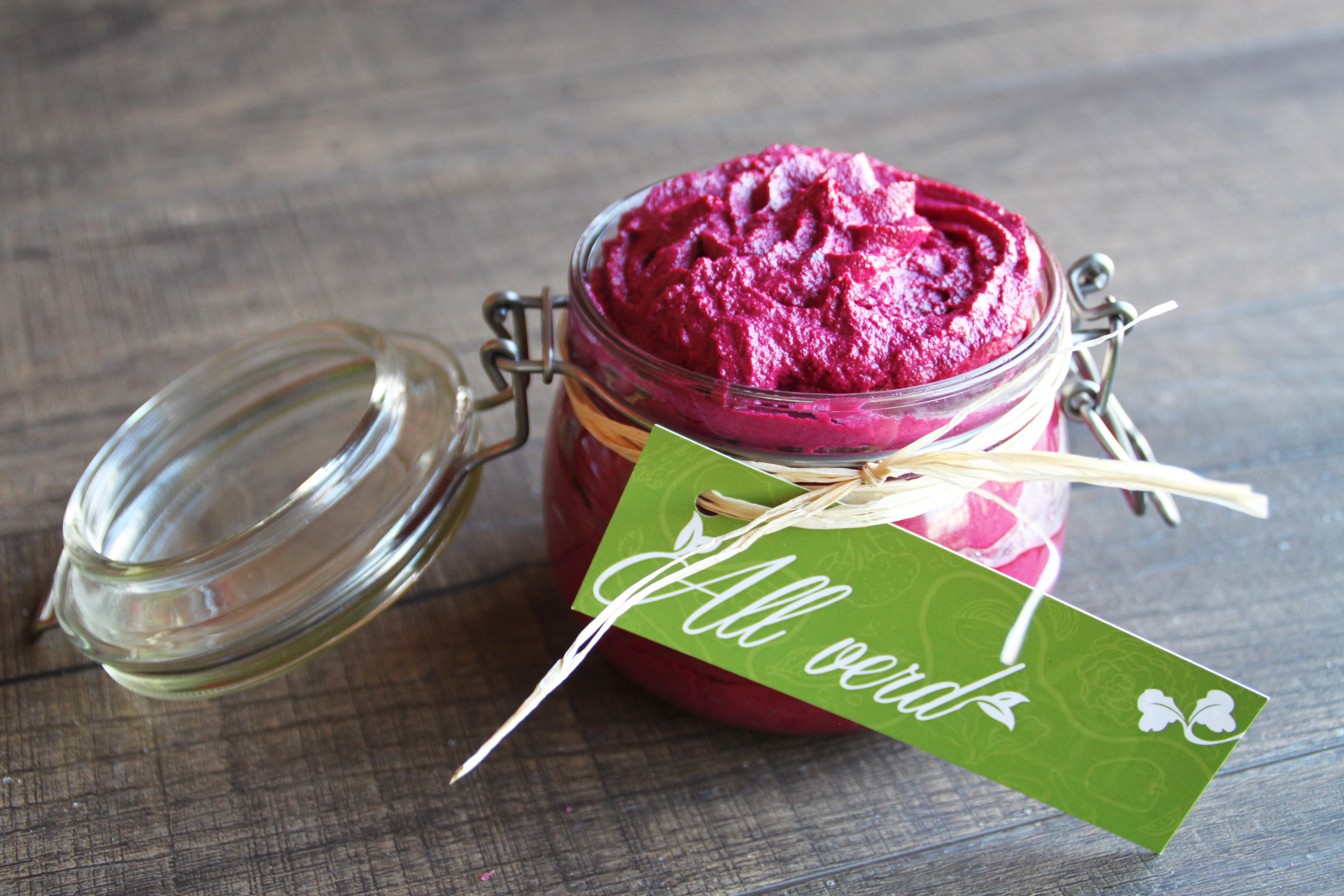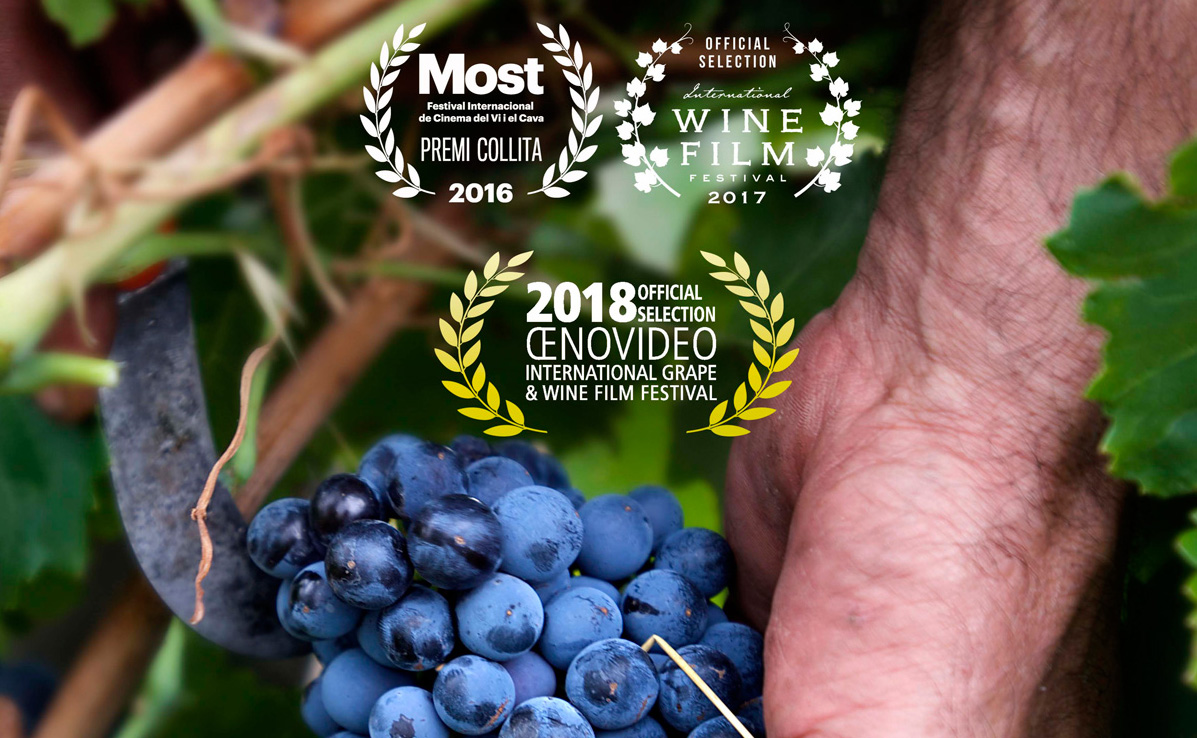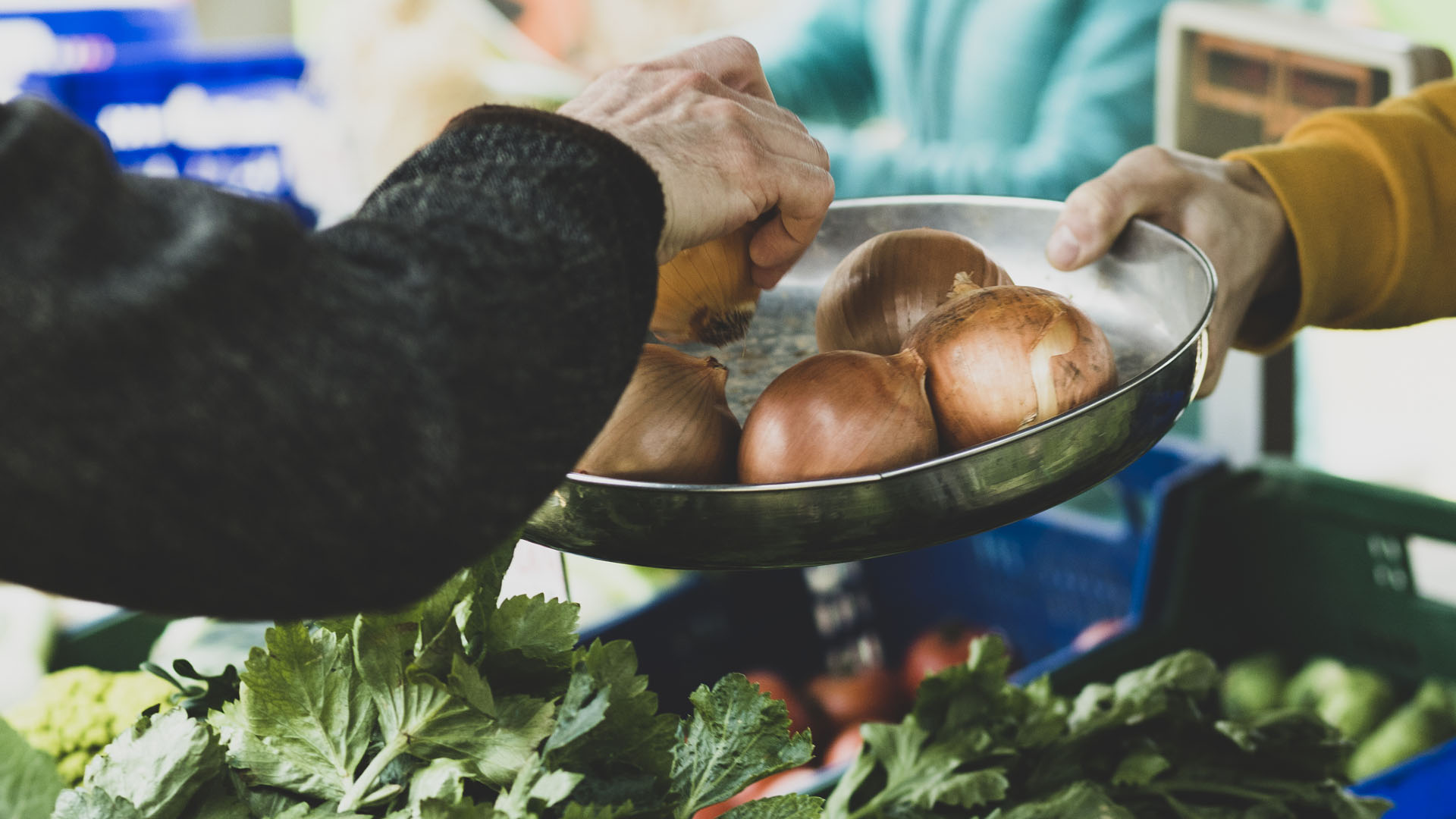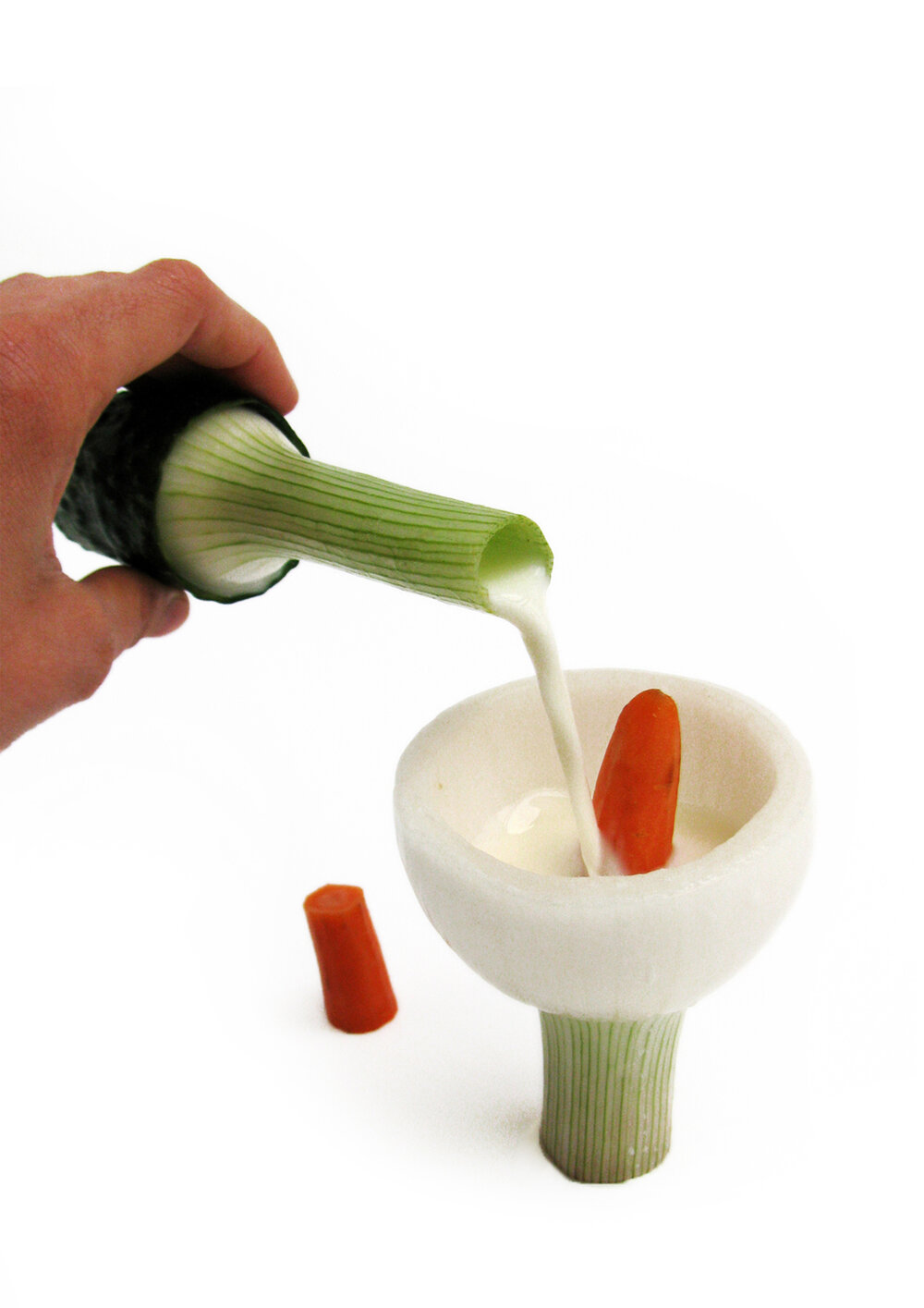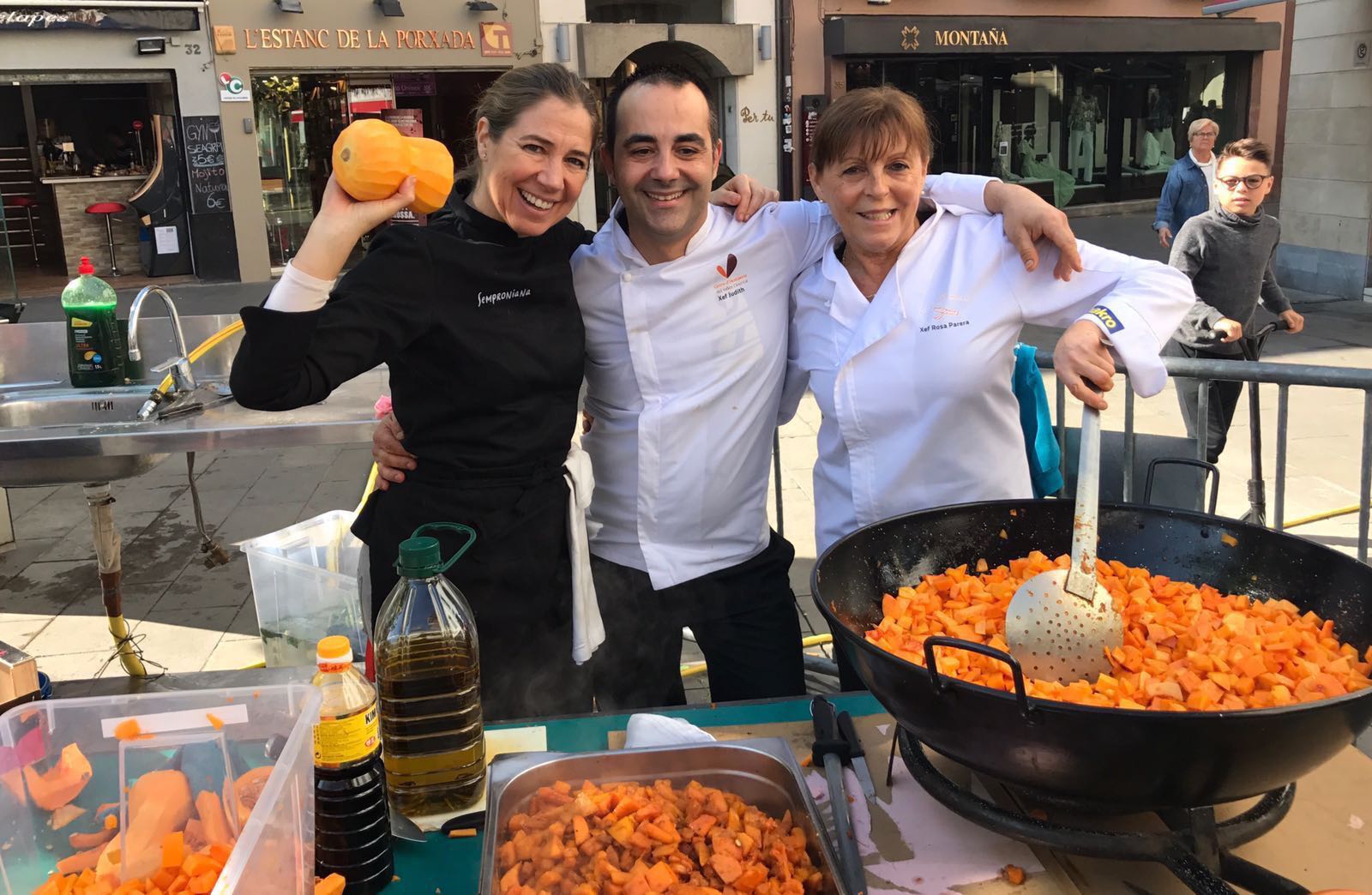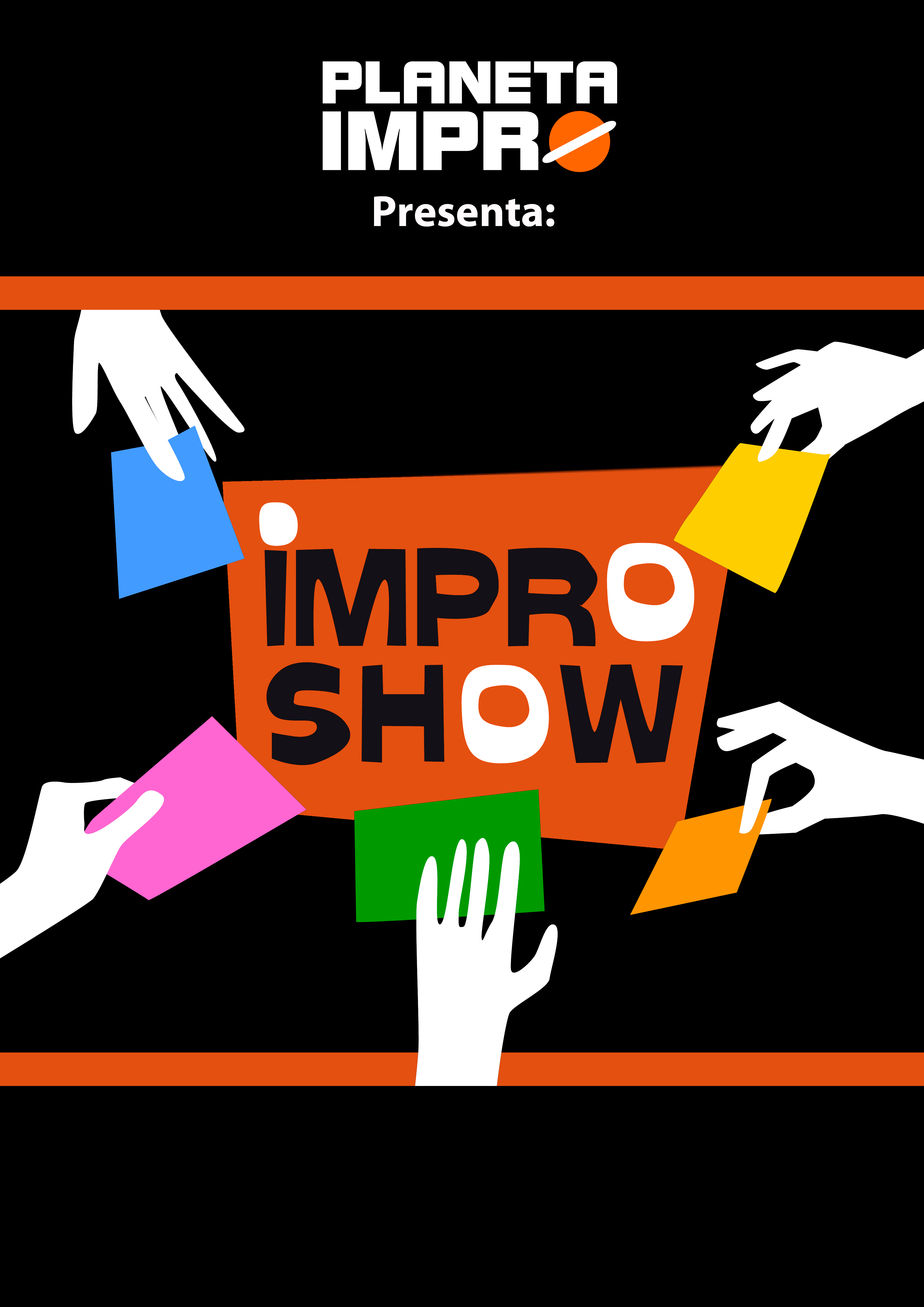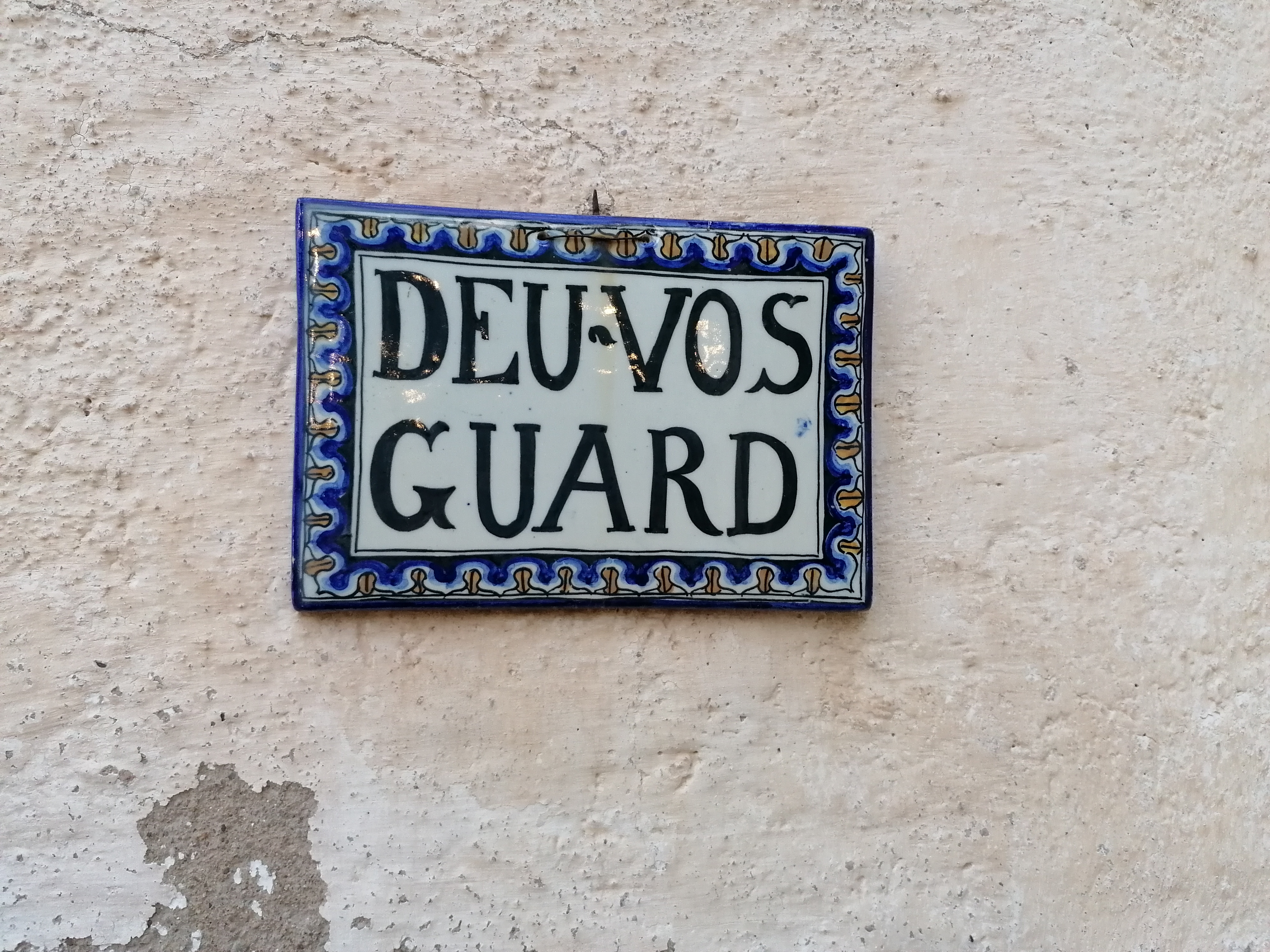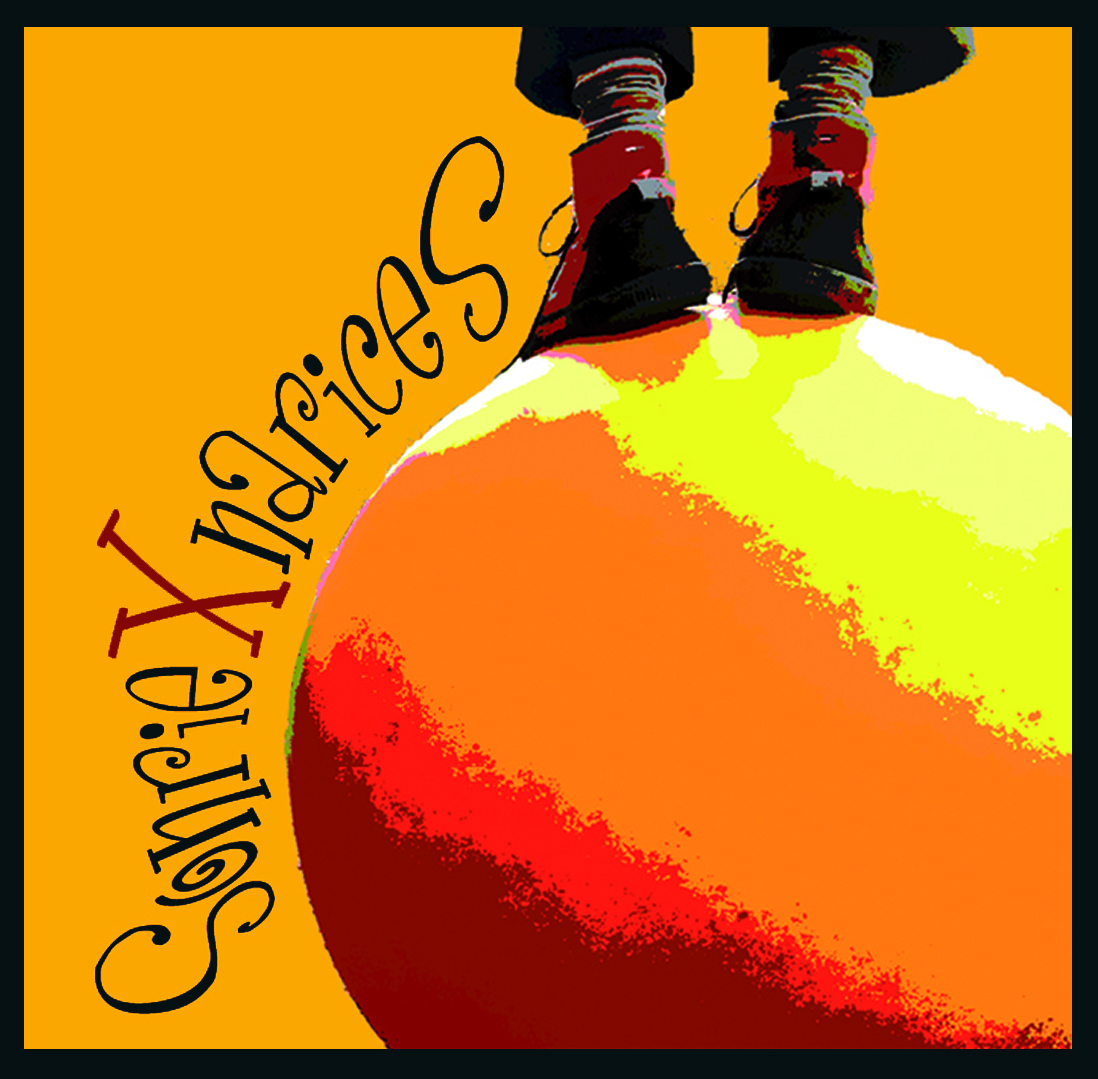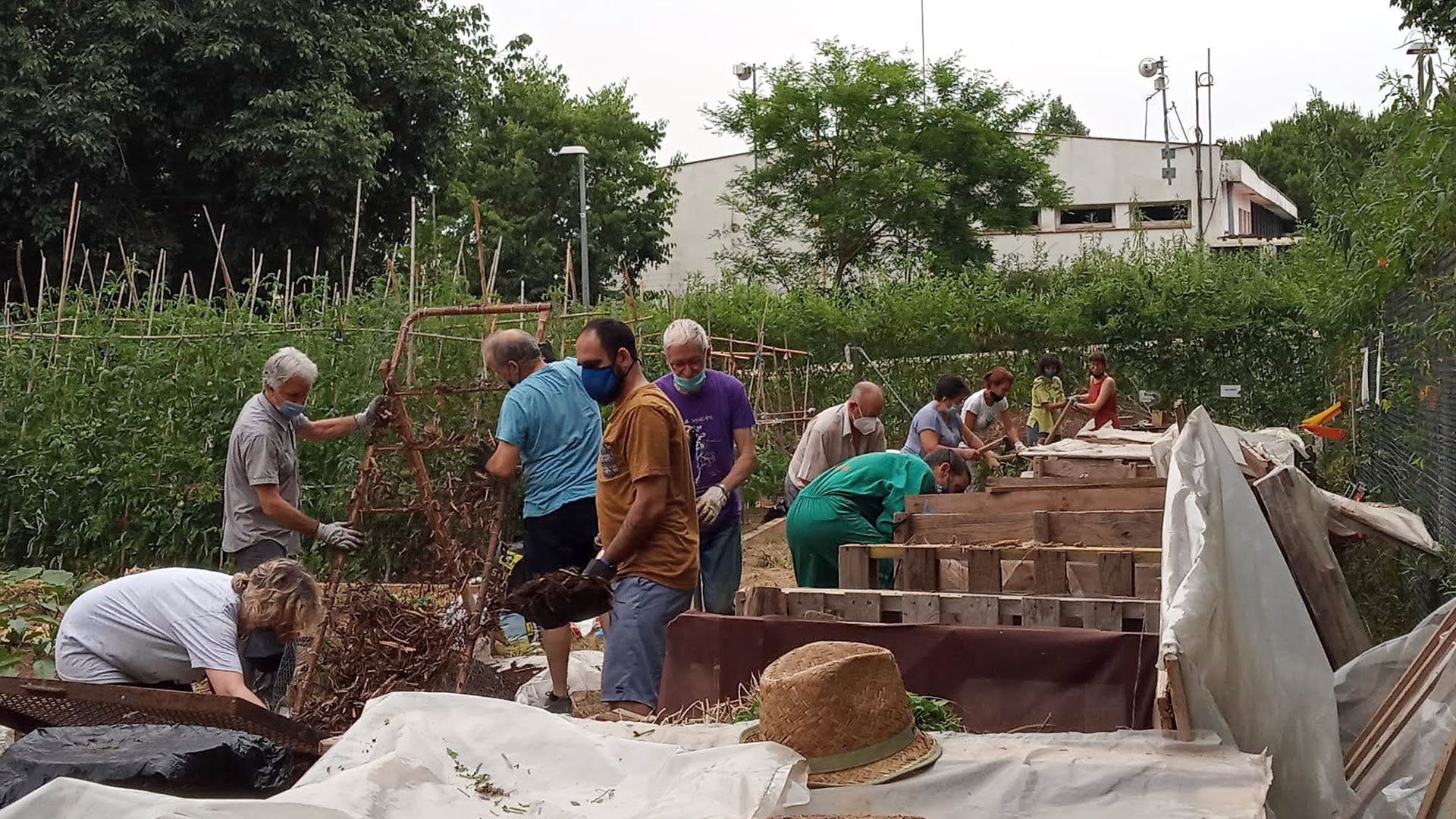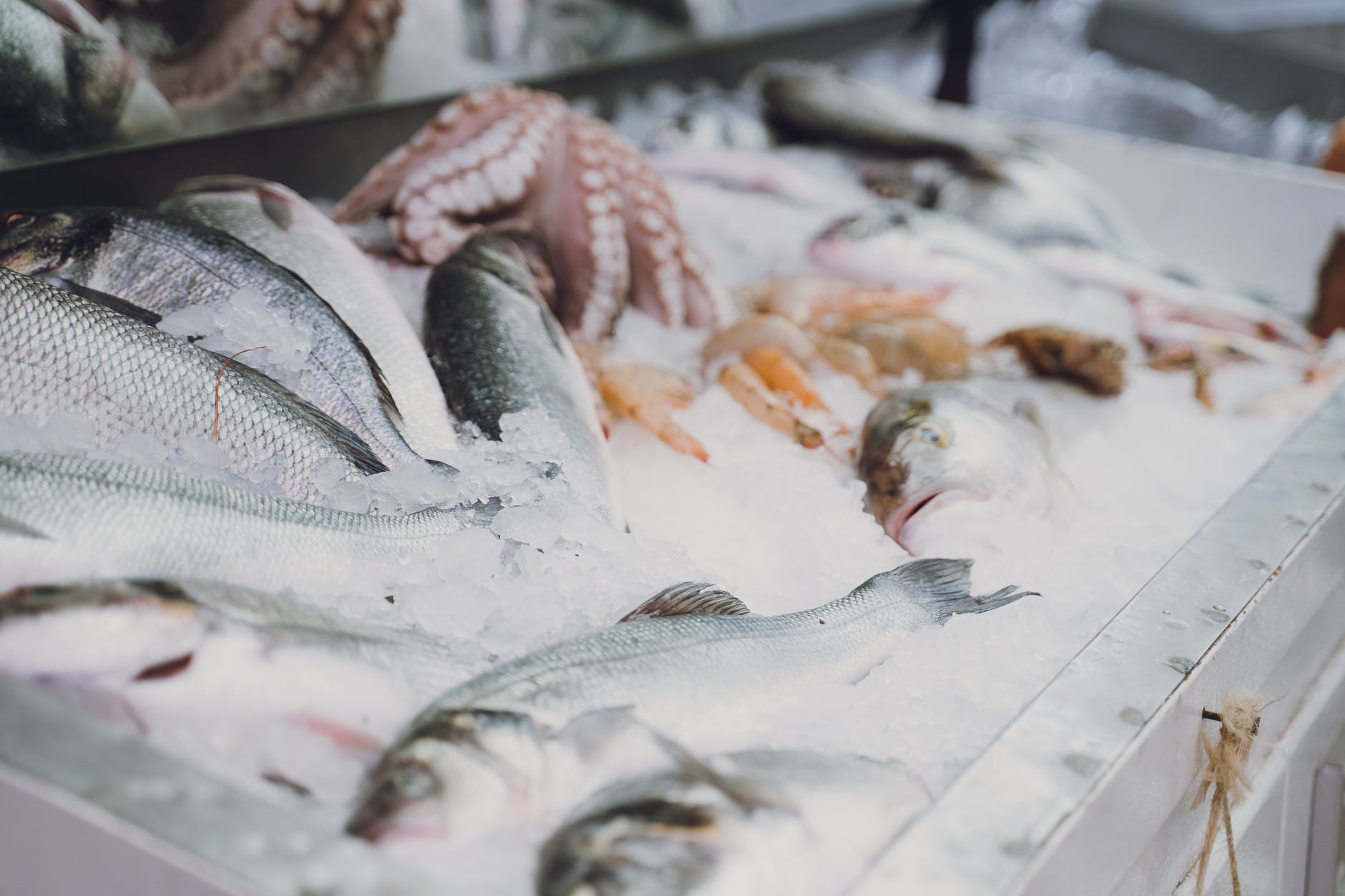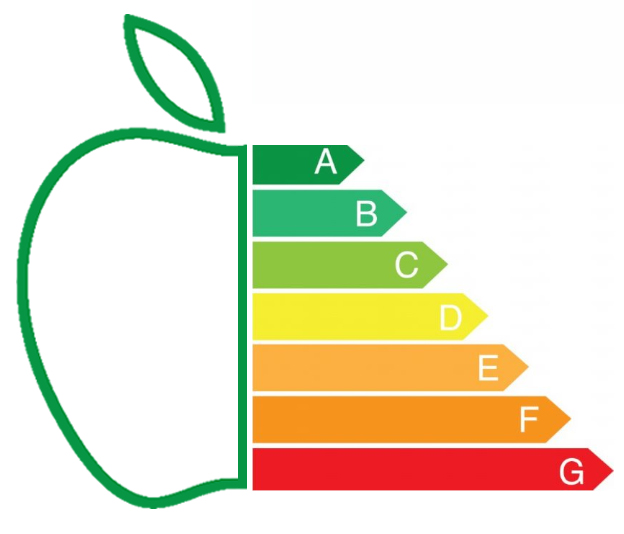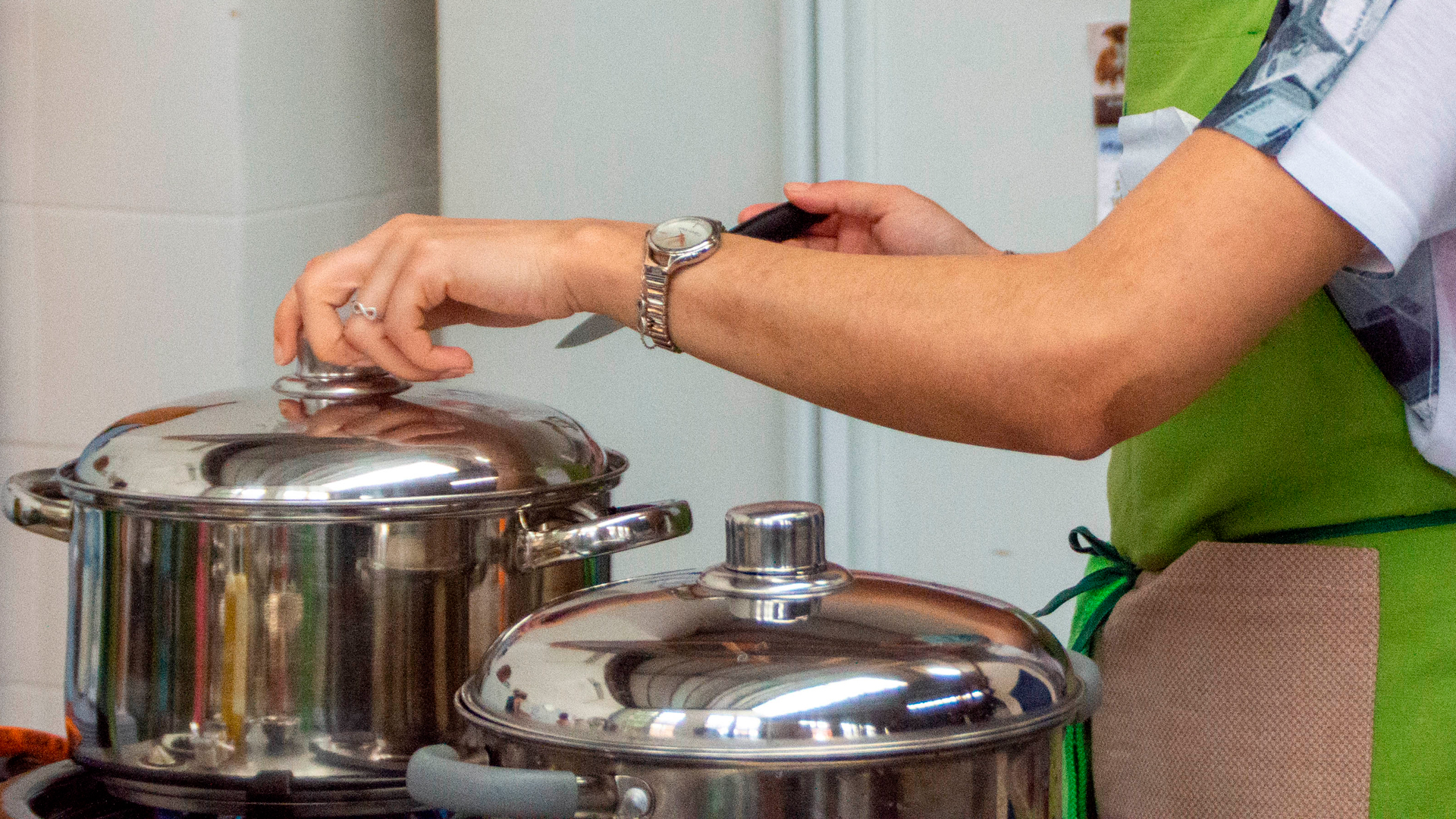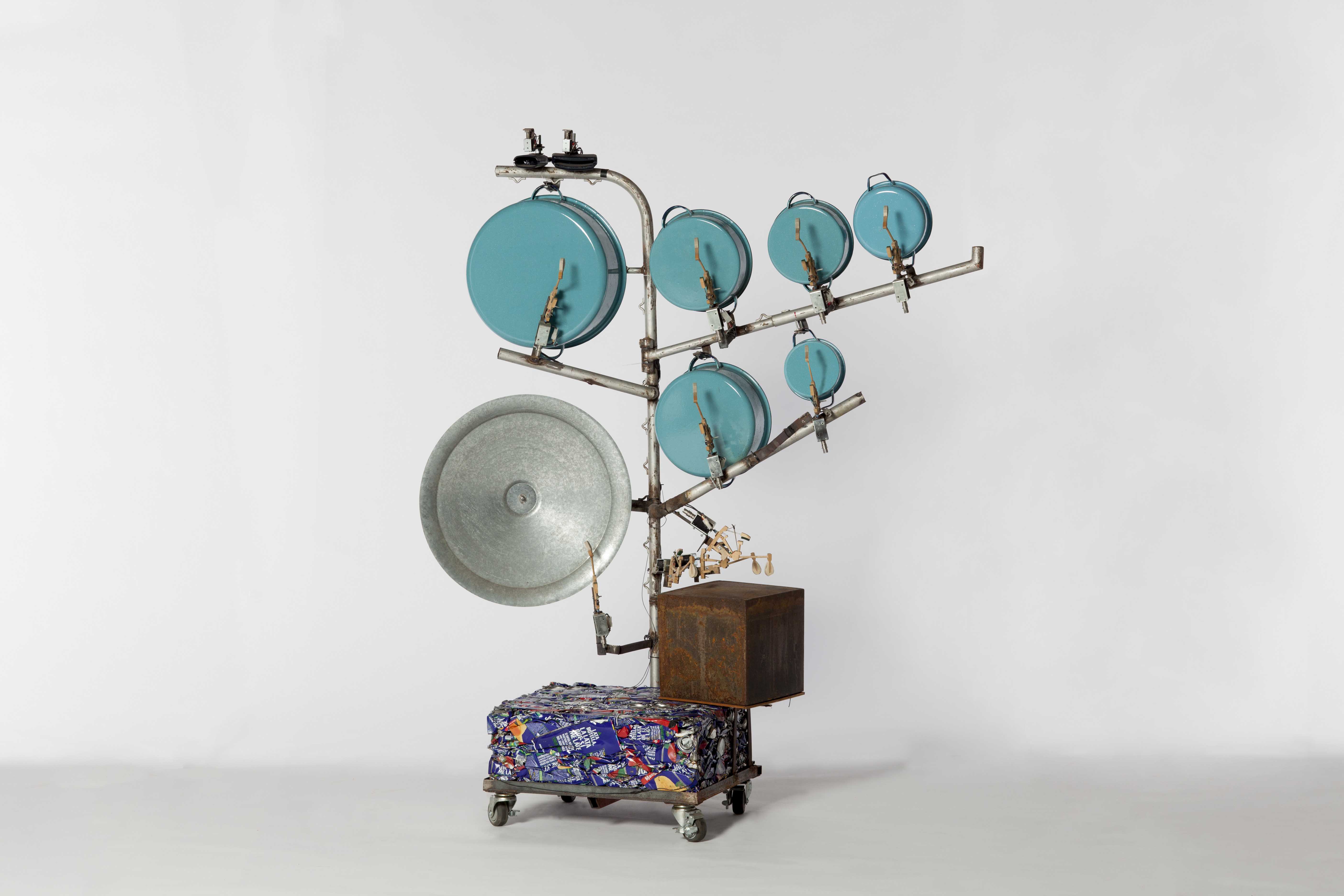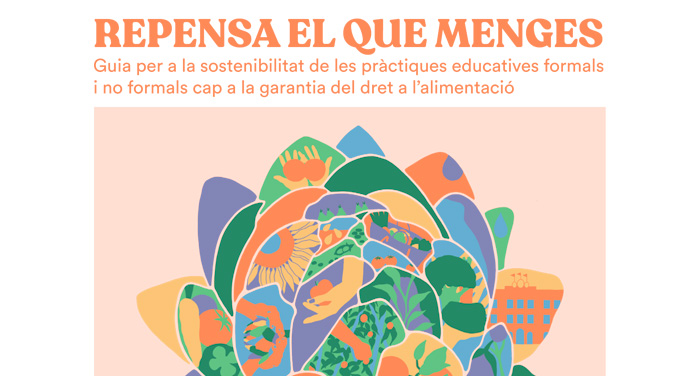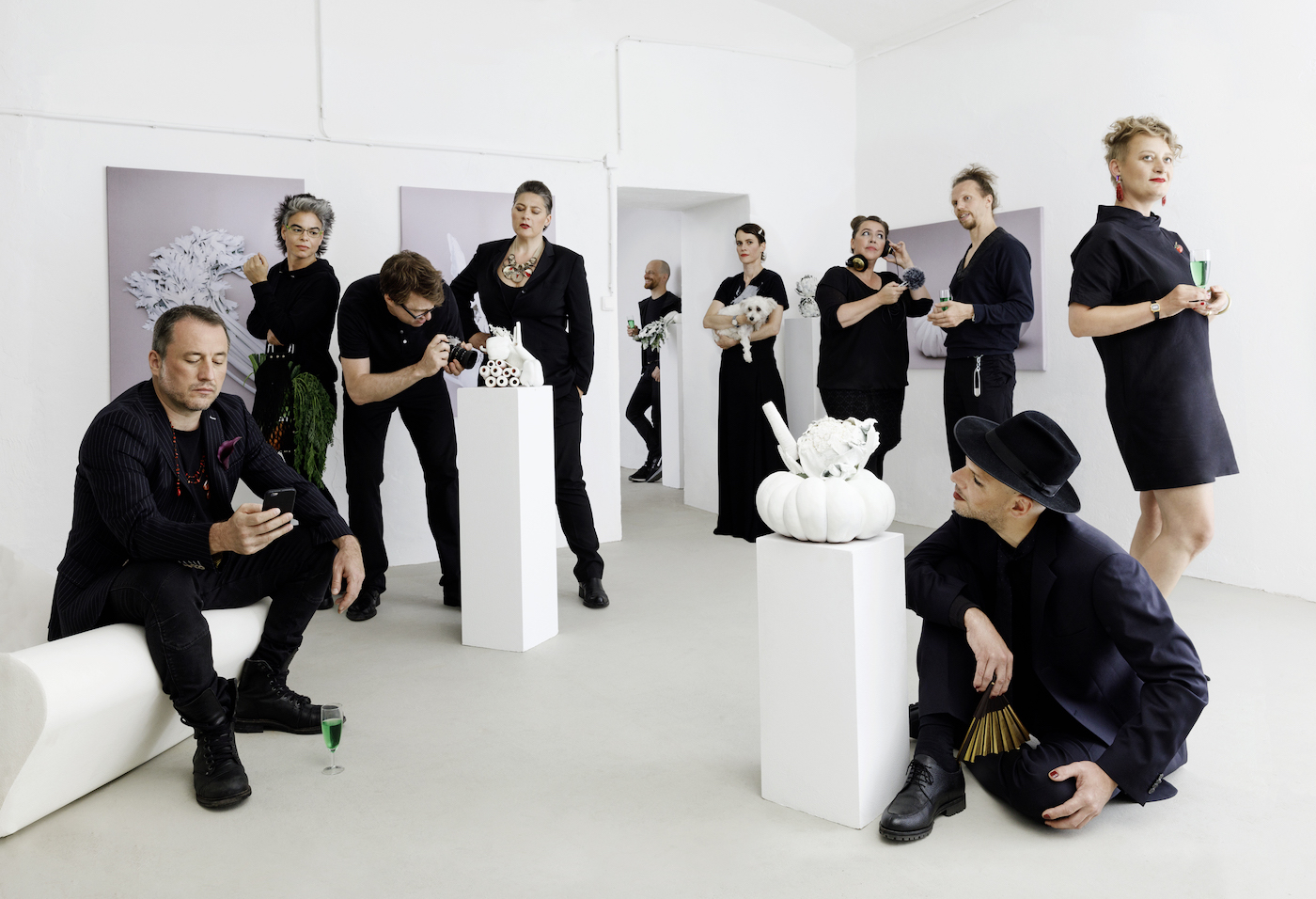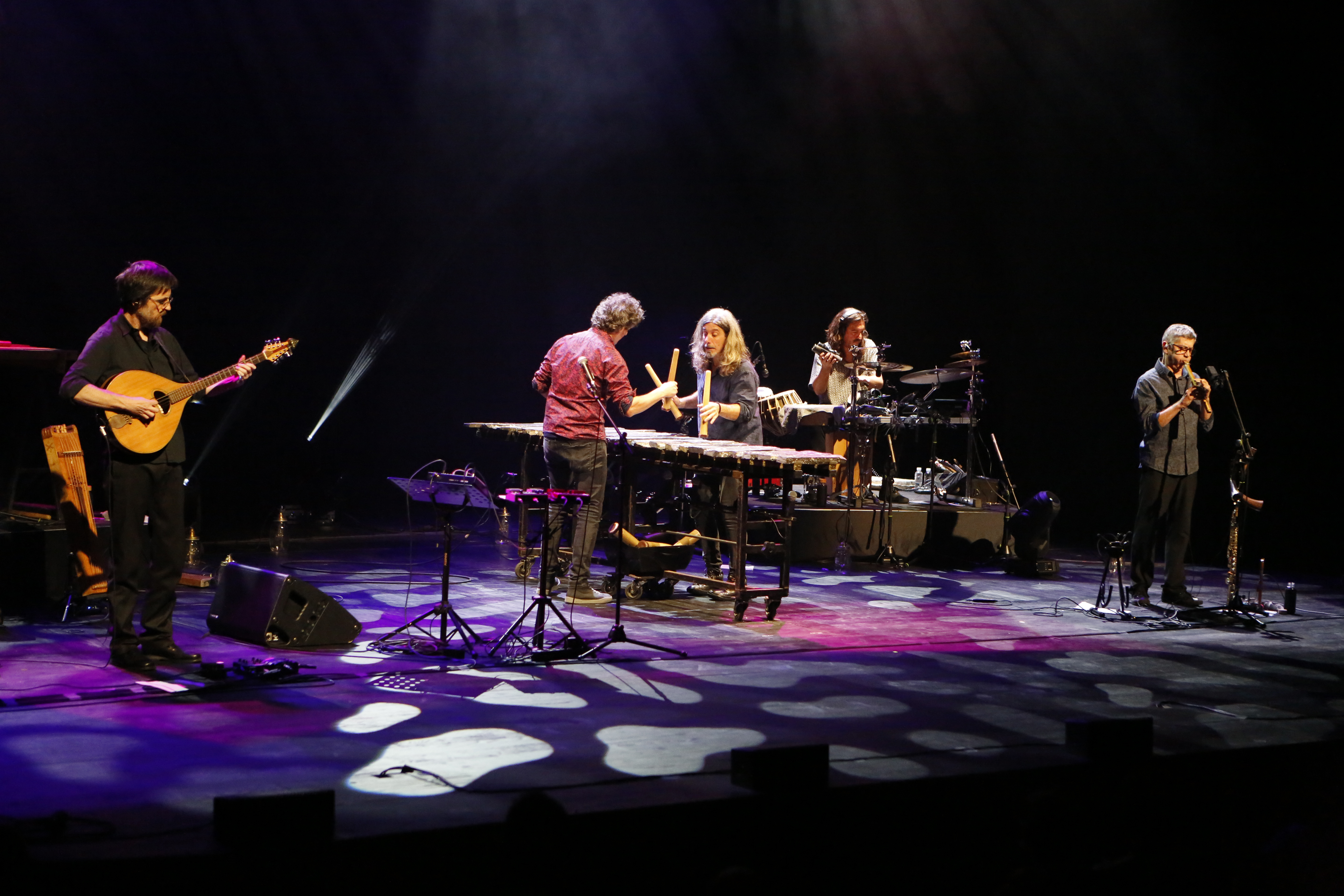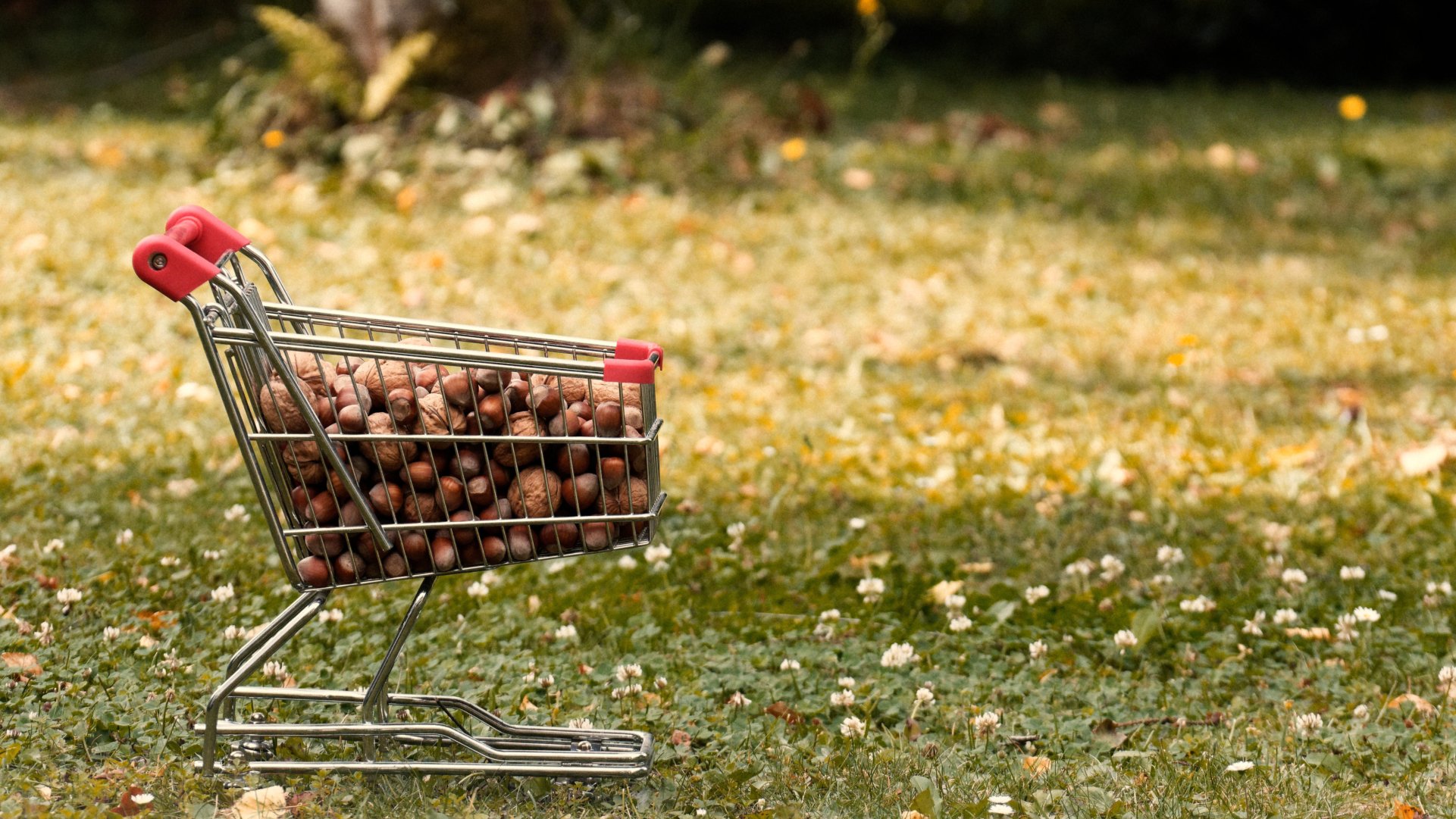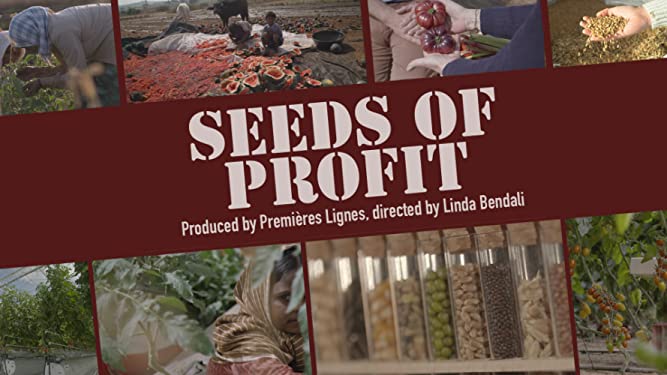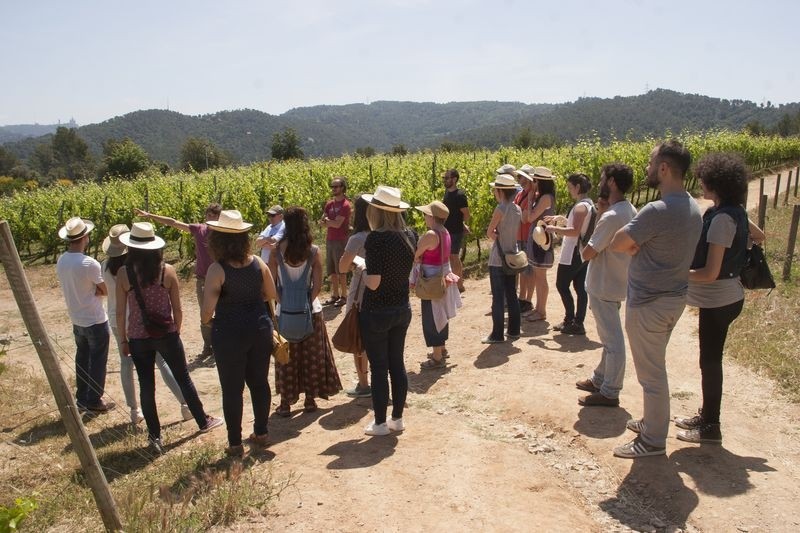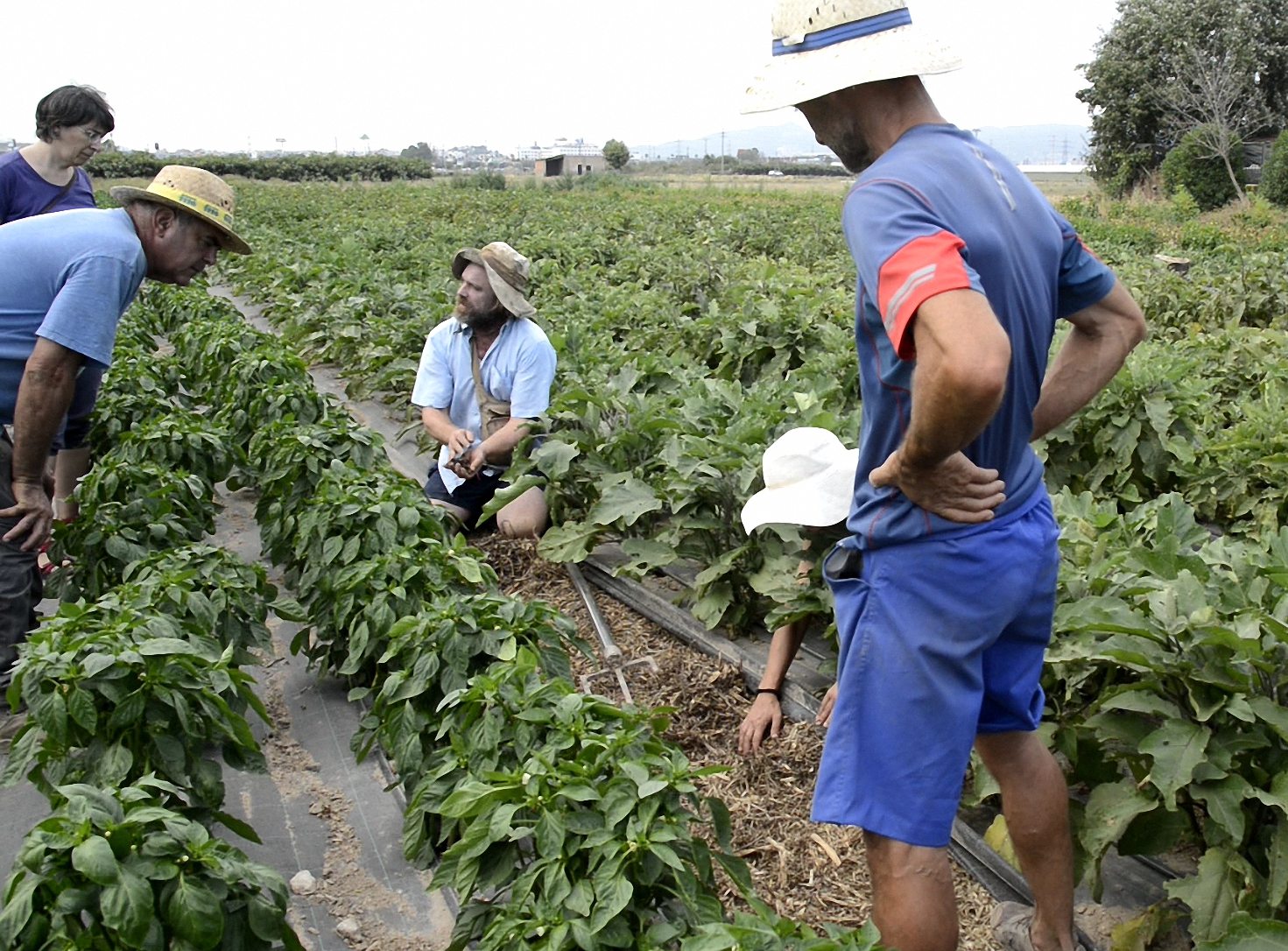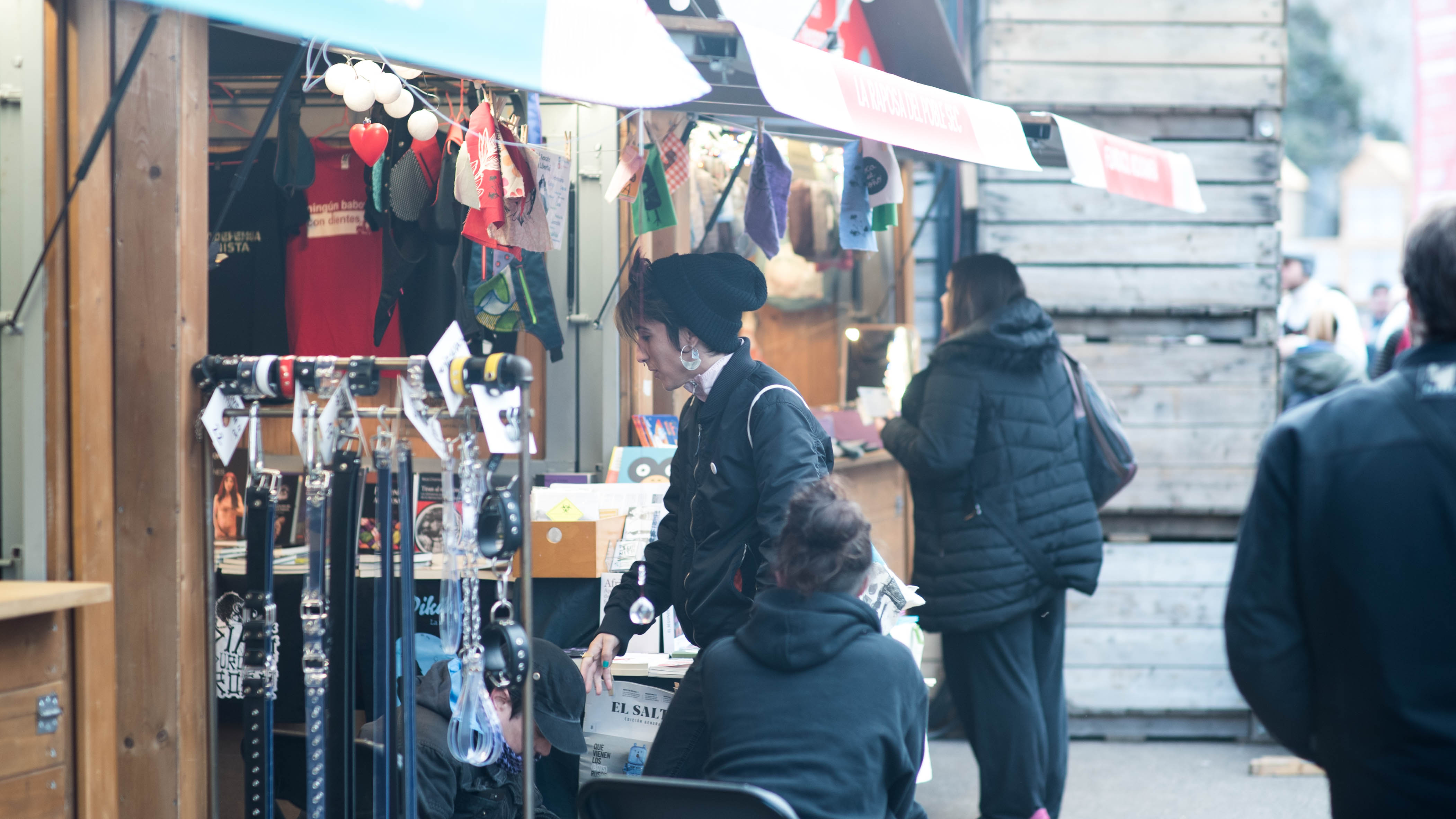Doing it for the pleasure of caring for ourselves and finding a balance, without restrictions or feelings of guilt.
A healthy relationship with food, making the most of seasonal produce and letting creativity into our kitchen, even if it's only for the lunch box we take to work.
We’ll try, using uncomplicated recipes, tastes, aromas and colours. We'll emphasise the importance of colour in our dishes.
Emotions and healthy eating go hand in hand.
Sustainable Food Citizen Week
Video resum de la Setmana Ciutadana de l'Alimentació Sostenible 2021
The activities of the Sustainable Food Citizen Week
Sustainable Food Citizen Week provides an opportunity to understand the relationship between food habits and cross-cutting aspects such as the climate emergency, local economic development, culture, politics, social rights and health. A week dedicated to citizens, in which you will achieve knowledge, reflection and debate about the main issues of the following activities.
Gastronomic heritage
- October 21st - 18.00 HBetevé broadcastingTelevised cooking workshop
- October 22nd - 22.00 H (variable according to betevé programming)Betevé broadcastingDocumentary film season
Documentary on natural wine in Spain. A trip from the north to the south of the country, with the vineyard and wine as the background.
A reflection on natural wine from its producers and opinions from renowned sommeliers.
This activity is part of Betevé's documentary film season, including the films Fermentación espontánea, Taste the waste, Food for change and Il mare piange.So you can combine the documentary with a wine tasting at home, we provide you with a list of wines by order (and time) of appearance.
Minute 01 – Sparkling wine from an ancestral method made in the Alt Empordà. Sparkling wine with unique fermentation.
Minute 05- Red wine from the mountains, made on the north side of the Alpujarra in Granada.
Minute 10 – Mineral and fresh wines made in the Sierra de Gredos (Avila), mainly with Garnacha, also with local white varieties such as Chelva, Albilla Real and Malvar.
Minute 13 – Red wine from the Sierra de l’Albera, in the Alt Empordà, made with Garnacha and Carignan (Lledoner and Samsó).
Minute 16 – White wine with maceration of the skins (orange wine) from Penedès made with Xarello from old vines worked within biodynamic parameters.
Minute 19 – Light red wine made with Sumoll, a native grape of the Penedès. From vineyards surrounded by forests of the Alt Penedès.
Minute 23 - Red wine from Galicia from a heroic viticulture of micro-plots in the Ribera Sacra area.
Minute 27 - White wine from the La Mancha variety and the most planted in the peninsula: Airén, in this case, comes from very old, free standing vineyards.
Minute 31 - Terra Alta red wine, inland Catalonia. From a dry and warm area, with powerful aroma and flavour.
Minute 36 - Wine with Mediterranean expression, made in clay vats in the region of Murcia, from the Tintorera Garnacha grape variety.
Minute 38 - White wine from Montepila grapes from vineyards surrounded by olive trees in Cordoba. - October 29 and 30 from 12.00 to 23.30 H, and October 31 from 12.00 to 22.30 HLa Rambla de Barcelona (between Centre d'Art Santa Mònica and Colom)Market
“Terra i gust” is a gastronomic project that links restaurants with small producers, an initiative from Barcelona City Council and organized by Gastronomia de Proximitat and Slow Food Barcelona, with the support of the Association of Gastronomy and Tourism of Baix Llobregat and l’Hospitalet.
It will be a place for citizens to see the different stakeholders involved in the value chain of local products and sustainability, and to point out the importance of the small artisanal producer, of maintaining traditions and environmentally friendly techniques, highlighting the union with gastronomy.There will be various different spaces:
- Spaces for sustainable gastronomy
- Spaces for beverages, with the participation of the Barcelona Beer Festival, with a selection of craft beers. Natural wines, filtered water, and kombucha will also be served.
- Producers market with seasonal and ecological products.
- There will also be an area for cooking shows, talks and games for kids-
Waste vs Good use
- October 16th - 10.00 H / 11.00 H / 12.00 h / 13.00 HParc de la BarcelonetaWorkshop
At the edible crockery workshop, children will create their own seasonal spoons, bowls and glasses using domestic technologies, with fruit and vegetables as their materials.
The aim is to offer children and parents a fun, creative activity that involves healthy food.
At the workshop, the children explore the shapes, textures, colours, aromas and tastes of the vegetables, learning concepts such as seasonal produce, location, ecology and properties of the fruit and vegetables. At the same time, the workshop fosters the introduction of these foodstuffs in their daily diets. - October 16 - 14.00 HParc de la BarcelonetaCulinary experience
A free, best-use meal to raise people's awareness about the value of food, preventing food waste and making the best use of food. 200 menus will be served, made using recovered food and a plenty of creativity! Parc de la Barceloneta will become an amplifier for the people and projects that work towards reducing food waste, making the most of food and achieving zero waste. The recovered food is the star of the show! The other ingredient: volunteers. The kitchen will be humming thanks to a team of volunteers who make it possible to recover surplus food, cook and serve the dishes. The selection, cleaning and preparation of all the recovered food is carried out in a fun, relaxed atmosphere. Everyone is welcome! On the same day, we will also be offering recovered food that hasn't been used by the kitchen, at an “adoption stall”, as a donation and act of joint responsibility towards the value of the product.
We hereby inform you that we cannot guarantee that the meals served during this event are free of substances that may cause some type of allergy or food intolerance.
- October 17th - 20.00 HPlaça ReialShow
At the improshow we play with knowledge about food, sustainability and the climate emergency. We’ll be improvising everyday situations connected with sustainable food and local organisations, through humour and based on audience suggestions.
An innovative experience in which the audience will become the authors of stories that are surprising, exciting and fun.
Urban rurality and biodiversity
- October 16th - 13.00 HJardí dels TarongersTalk
“Repoblem” [Repopulating] is a social network initiative to connect towns and villages suffering from depopulation with people who are keen to live in those villages.
“Repoblem” disseminates campaigns and offers from town councils who wish to attract new inhabitants, offers of housing, the transfer of businesses and jobs in towns or regions which are suffering from depopulation. It also disseminates pleas from people who are looking for a place in the rural world to begin or modify their life projects. In short, it makes social media act as such: networks that connect people and towns to help reverse depopulation and rebalance the country, in terms of people, services, activities, infrastructures and political clout. - October 16th from 13.00 to 14.00 HPlaça ReialShow
Agroecology and family circus show.
“The land is full of plastic and GMOs and agrochemicals are threatening us. Luckily, we have an endangered species called Pagès… ” - October 16th - 13.20 HJardí dels TarongersTalk
Want to discover how to build a community allotment as opposed to the conventional model of individual plots?
Based on the experience of the PiA allotment, the aim is to encourage a debate on ruralising the city.
Includes image projection.
Ecological footprint
- October 16th - 18.00 HPlaça ReialTalk
Discussion on unsustainable fishing and its impact. What are the consequences of not fishing in our seas? We’ll be meeting up to discuss the impact that international fishing agreements are having and the advantages to local fishing. We will also find out how West Africa's coastal populations are facing over-exploitation of their maritime resources and what local-fish initiatives we have in Barcelona.
- October 17th - 11.00 H (Plaça del Rei) and October 23th - 10.00 H (Pl. de les Glòries Catalanes, next to the Disseny HUB BarcelonaPlaça del Rei, Plaça de les Glòries Catalanes, next to the Disseny HUB BarcelonaWorkshop
After receiving a brief introduction on climate change and its connection with our food system, everyone attending will be able to calculate the environmental footprint their food generates.
- October 17th - 12.00 HPlaça del ReiWorkshop
A workshop on low energy consumption cooking, to provide ideas and tips for cooking while using as little energy as possible. Tackling the problem in a practical way, we encourage reflection on better food-use cooking and healthy, sustainable food. The workshop aims to provide participants with viable tools for furthering their commitment to reducing the environmental impact of their food, opting for simple, but transformative, solutions. The workshop's objective, through various demonstrations as well as practical and theoretical advice, is to apply this in everyday life. It also fosters the culture of better food use and a complete, balanced diet. The workshop includes an explanation from an expert and the live preparation of various recipes.
Proximity
- October 17th - 16.00 HParc de la BarcelonetaShow
This show reflects the result of the last fifteen years this quintet's career, in which they have further explored their own style using organic, natural instruments with a grass-roots and contemporary language.
The concert revolves around organic instruments made from materials found in nature. Once they have been crafted, respecting the natural material, they generate melodies with a unique sound.
The stars of the show are the oak-wood and slate txalapartas, percussion instruments using wood from the desert and pipes. We will also hear a clarinet made from bamboo, whose sound creates atmospheric base lines that enhance the other instruments.
- October 17th - 17.30 HParc de la BarcelonetaRound table
Challenges and opportunities for multiplying and consolidating transformational food networks
There has been a significant increase in initiatives, over the last few years, which attempt to facilitate and ensure widespread access to organic and local food, taking the needs of the area's farmers into account. Central purchasing bodies, farmers’ distribution networks and new consumption cooperatives with shops (also known as cooperative supermarkets) are just a few examples of these.
The main goal of these projects is to provide a greater diversity of consumer profiles with access to these types of products. To do that, they aim to overcome the obstacles that prices and physical accessibility represent. They also aim to help improve the viability of the initiatives of farmers who work with agro-ecological values and practices.The aim of the session is to discover various types of initiatives for distributing organic and local food and to reflect on what the key elements are that can help to multiply and consolidate transformational food networks. Taking part in this will be members of Germinando involved in GIASAT (Gestión Integral Agroecológica de los Sistemas Alimentarios Territorializados), VallaEcolid, the Barcelona Local Agri-Food Exchange Centre (CIAP), promoted by the Farmers’ Union, and the Quèviure and Economat Social cooperatives.
- October 17th - 20.00 HParc de la BarcelonetaScreening
Sixty years of standardised fruit and vegetable production and the creation of industrial hybrids have had a dramatic impact on their nutritional content. In the last 50 years, they have lost 27% of their vitamin C and almost half their iron. The tomato, for example: through multiple hybridisations, scientists are constantly producing redder, smoother, and firmer fruits. In the process, however, a quarter of the calcium and more than half of the vitamins have been lost.
The seeds that give rise to the fruits and vegetables we eat are now owned by a handful of multinationals, such as Bayer and Dow-Dupont. These multinationals produce their seeds mainly in India, where workers earn just a few rupees, while the company has a turnover of more than 2 billion euros. A globalised business where seeds are more expensive than gold. According to the FAO, 75% of cultivated varieties have disappeared in the last 100 years.
Loss of nutrients, privatization of life. This documentary presents the great monopoly of the industry on our fruits and vegetables.
More week
- October 15th, 16th, 17th, 20th, 21st, 22nd, 23th and 24th from 12.30 to 14.00 HMasia Can Calopa de DaltVisit / Tour
This activity is an adapted version of the classic visit ‘The Winery and the Vineyard’ offered at Can Calopa de Dalt. In this case, the activity offers a special tasting of wines from periurban projects managed by L’Olivera: Vinyes de Barcelona (from the Finca de Can Calopa de Dalt, in Collserola) and Arraona Blanc i Negre (from the estate at Can Gambús, in the Sabadell Agricultural Park).
- October 16th from 9.00 to 18.00 H / October 17th from 9.00 to 14.00 HInstitute of Catalan Studies, Sala Prat de la RibaRound table
A forum for agriculture, livestock farming, science and the academic world, as well as consumers, where people can meet, debate and establish a framework for cooperation which favours a transition towards resilient, healthy, fair and diversified food systems.
A place where people can work on how to help reduce greenhouse gas emissions and sequestrate carbon in food systems in order to counter and adapt to climate change. - October 16th, 17th, 23th and 24th from 10.30 to 19.00 HLa Rambla Kiosk (near Mercat de la Boqueria)Exhibition
Are you aware of the entities and other organisations that promote and work to make sustainable, fair and healthy food more accessible in Barcelona? Do you know who promotes this in your neighbourhood and what initiatives they organise? Do you need help putting it into practice? Would you like to get involved?
Come along to the kiosks on La Rambla and find out for yourself! Check the grid to see the times for each organisation. We will be near Mercat de la Boqueria.





